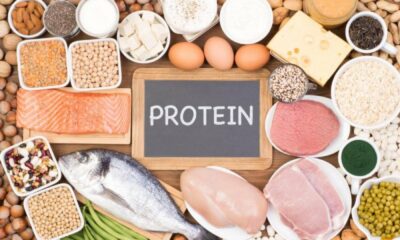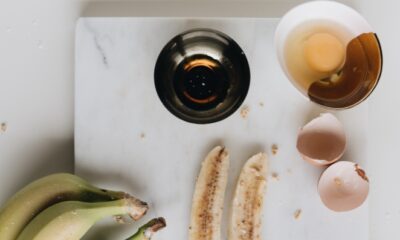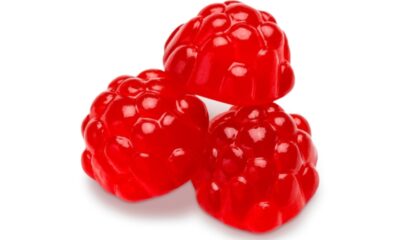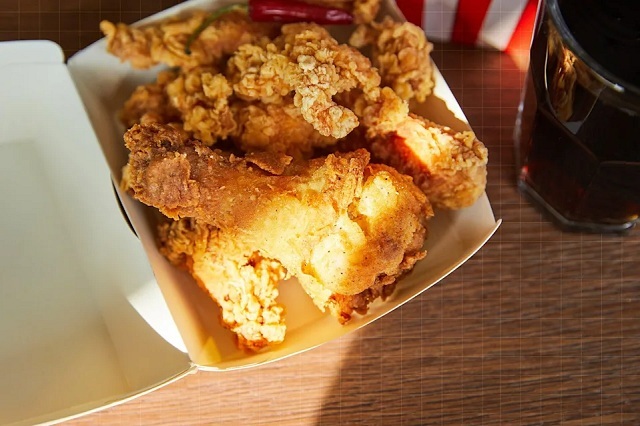Health
8 Low Cholesterol Diet to Maintain for Better Health
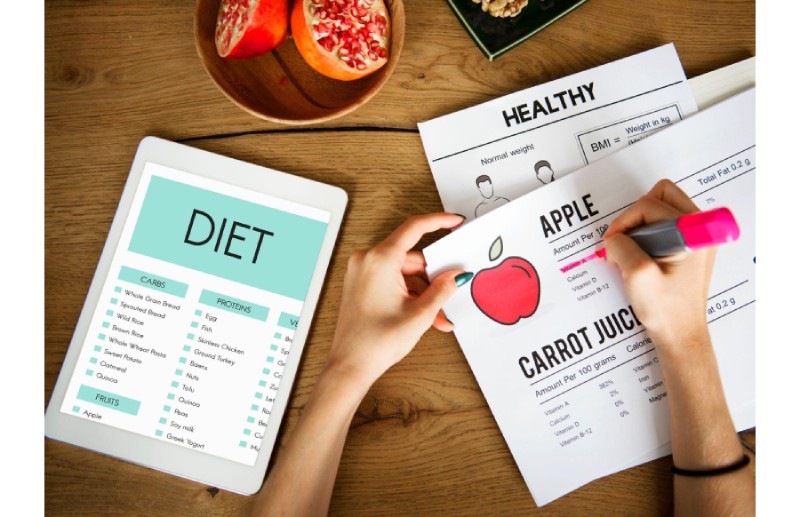
Retaining good health revolves around keeping a balanced diet and making healthy lifestyle choices that keep your weight in check. Since high cholesterol can increase the risk of heart disease and other related complications, it is crucial to maintain a low-cholesterol diet to significantly contribute to better health.
You can incorporate supplements like best casein protein to monitor your cholesterol levels while still meeting your body’s protein demand. This post will look at various low-cholesterol diet options to help you maintain better health and well-being. Read on!
Maintaining Low Cholesterol Diet for Better Health
Every day, it appears that there is a new superfood that will transform your life. If you want to live a healthy life until old age, you must take action to monitor and control your cholesterol levels as soon as possible.
We have the perfect remedy for you: incorporate these 8 low-cholesterol foods into your diet, and you will gradually notice a difference in your cholesterol levels.
● Olive Oil
It is important to opt for unsaturated fats, such as olive oil if you want to manage your cholesterol levels. It contains oleic acid, an anti-inflammatory substance that can help improve HDL cholesterol and reduce the risk of heart disease. Try replacing other fats with olive oil in your diet. Olive oil can be used to sauté vegetables, marinate them, or make a salad dressing by mixing it with vinegar. Olive oil can also be used in place of butter for basting meat or as a bread dip. Extra virgin olive oil also lowers the risk of a heart attack.
● Salmon
Salmon is high in omega-3 fatty acids, which benefits the heart. Omega-3. If fish is not your thing, vegan omega-3 options include walnuts, chia seeds, and canola oil. Alternatively, you can also opt for fish oil capsules.
● Beans and Legumes
Getting adequate soluble fibre is an essential factor in increasing HDL cholesterol levels. Soluble fibre can help prevent the absorption of LDL cholesterol, resulting in a healthier HDL/LDL cholesterol ratio.
Beans and legumes are rich in soluble fibre and B vitamins, which help our hearts operate properly. Not to mention that beans are easily available in different sizes and flavours, and they are quite economical as well, making them ideal for your daily diet plan. They can be used for a variety of dishes, including parmesan white beans and black bean tacos.
● Whey Protein
Whey protein, found in dairy products, provides many health benefits. Whey protein supplementation, such as whey powder, has been demonstrated in studies to lower LDL and total cholesterol levels, as well as blood pressure. Whey protein powders are available at health food stores and select grocery stores. If you need additional proteins, the best soy protein powder is a great addition since it’s low in cholesterol and rich in nutrients.
● Avocado
Avocados are well-known for their ability to improve toast, but they also have some outstanding heart-healthy advantages. Their healthy green flesh is high in beneficial monounsaturated fats and fibre. Regular consumption of avocados can help reduce LDL cholesterol while increasing HDL cholesterol levels. Avocados can also be used for other purposes besides guacamole. You can try them with this savoury avocado hummus or use them to make a sweet and creamy avocado smoothie.
● Nuts and Seeds
Consider a handful of walnuts, almonds, hazelnuts, chia seeds, and flax seeds if you are looking for a little crunch or a snack between meals. These nuts are ideal for you as they have been demonstrated to raise HDL levels while decreasing LDL and triglycerides. You can use them for fillings to enhance the flavour and nutrients of meals.
● Berries
Increasing your fibre intake is an excellent strategy to lower cholesterol, and berries are some of the highest-fibre fruits available. Berries like raspberries and blueberries contain antioxidants and fibre, which aid in lowering LDL cholesterol while increasing HDL cholesterol. Furthermore, berries are a tasty method to increase your fruit intake. For a sweet taste boost, stir them into a yogurt parfait or smoothie, or sprinkle them on top of a salad.
● Whole Grains
If you want to improve your cholesterol, there is no reason to avoid carbs like nutritious whole grains. Whole grains have long been regarded as the best food for heart health, as they break down gradually and improve your cardiovascular health over time. Whole grains, including beans and legumes, are high in soluble fibre and vitamins, which assist your body in eliminating excess LDL cholesterol and improving your HDL/LDL cholesterol ratio.
You can also include casein protein supplements into your diet to support your efforts in maintaining healthy cholesterol levels. Replace white bread and refined-grain pasta with whole-grain bread or pasta to increase your intake.
While these foods are known to improve your cholesterol levels, it is advised to continue with your medications and not completely rely on diet unless advised otherwise by your doctor.
Conclusion
It is critical to adopt a low-cholesterol diet to maintain optimal health and reduce the risk of heart disease and other complications. Making the right dietary choices and prioritizing healthy foods is the best way to manage cholesterol levels and promote better living. You can also opt for supplements such as fish oil capsules, whey protein to boost your health. It is also recommended to consult your doctor about how your medicine and food might work together to achieve appropriate cholesterol levels.
-

 Business3 weeks ago
Business3 weeks agoNayef Doleh Examines International Humanitarian Fundraising Strategies
-

 Business3 weeks ago
Business3 weeks agoHow to fill MSME Form 1? Step-by-Step Guide
-

 Business4 weeks ago
Business4 weeks agoHow Black Banx is Redefining Global Banking Strategies in 2025
-

 Education4 weeks ago
Education4 weeks agoSchool Of Odd Thinkers – Think Odd, Learn a lot, and Earn a lot
-

 Tech4 weeks ago
Tech4 weeks agoMicrosoft Teams to End SMS Messaging Feature Support for Android Phones and Switch to Phone Link App as Alternative
-

 Festivals & Events3 weeks ago
Festivals & Events3 weeks agoInteresting Facts about St. Patrick’s Day
-

 Education4 weeks ago
Education4 weeks agoJeffrey Laino Offers a Close Look at Literary Analysis Implementation
-
Business3 weeks ago
From Marine to Chief: The Leadership Journey of Sean Mannix

